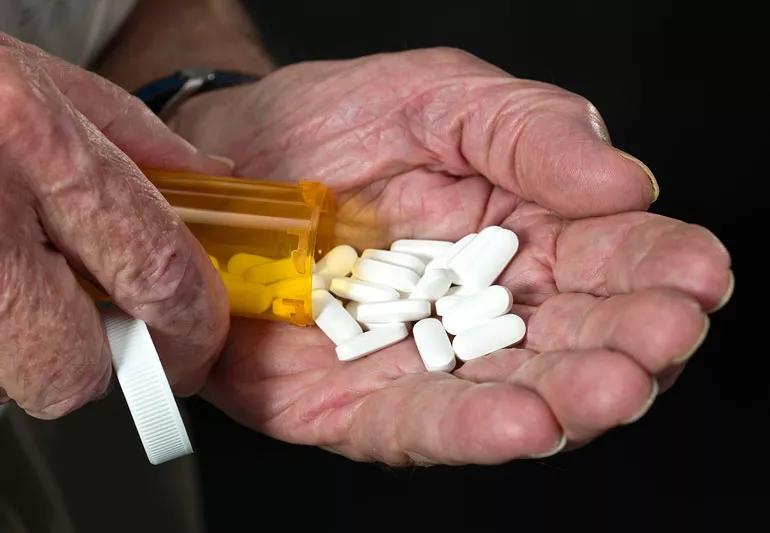The short answer from a heart failure expert

A: If you were prescribed an angiotensin-converting enzyme inhibitor, angiotensin receptor blocker, beta-blocker or diuretic, your doctor may have explained that the drug needs to be titrated. Titration is a way to limit potential side effects by taking time to see how your body will react to a drug.
Advertisement
Cleveland Clinic is a non-profit academic medical center. Advertising on our site helps support our mission. We do not endorse non-Cleveland Clinic products or services. Policy
In titration, the medication is started at a low dose. Every couple of weeks, the dose is raised (“up-titrated”) until the maximum effective dose (“target dose”) has been achieved or side effects occur.
Not everyone can tolerate a full dose. It’s safer to ease your way up.
The drugs mentioned above lower blood pressure and heart rate by blocking neurohormonal and adrenaline pathways. These are innate mechanisms designed to safeguard humans — and the reason why titration is essential.
You need adrenaline to run away from a bear, but your adrenaline level has to come down after the bear is gone. If you block adrenaline completely, the bear will catch you, so we block some of the adrenaline slowly and gradually. This allows you to react to the bear, while giving your heart time to get better and stronger between bear attacks. The next time we increase the dose, the heart tolerates it better.
Ideally, patients should aim for the target dose of these medications. Unfortunately, titration is sometimes overlooked.
We see patients who have been on a low dose for months. They are on the right drug, but their heart isn’t getting better, because the drug was never up-titrated. Some people don’t need as much of the drug as others, but we don’t know who they are until we discover the highest dose they can tolerate.
Advertisement
— Heart failure specialist David Taylor, MD
This article was adapted from Cleveland Clinic Heart Advisor.
Advertisement
Learn more about our editorial process.
Advertisement

The little blue pill might help with physical arousal, but there are better treatments for low libido in women

Your body’s response to rapid weight loss from the medication may cause shedding

This medication is best used on a limited basis

Authorized take-back programs, services and drop-off locations are the best, safest way to get rid of expired medicine

These illegal supplements have negative impacts for vital organs and may cause psychosis, heart attacks and more

These creams that you apply to your skin can actually help reduce localized pain, swelling and inflammation

Popular among teens, these inhalants give you a quick high, with serious harmful effects

‘Black box warnings’ on medications outline potential risks and important instructions

The tropical fruit is a good source of antioxidants and vitamin C

Most people fall asleep within 10 to 20 minutes, but if your experience is different, adjusting your sleep schedule may help

Exploring your hidden side can lead to better understanding of what makes you tick